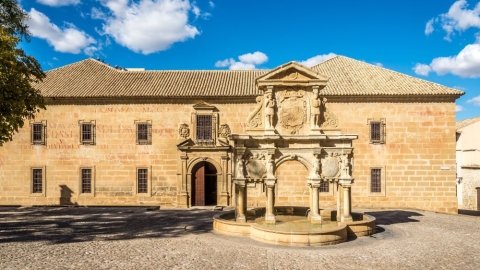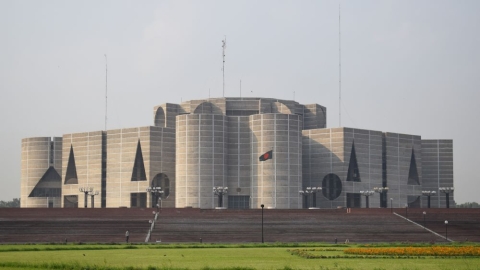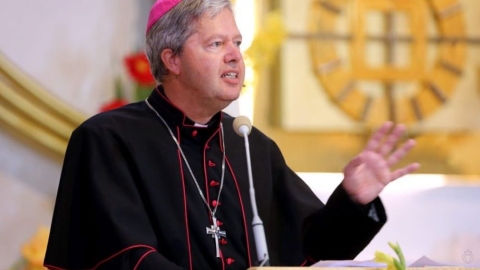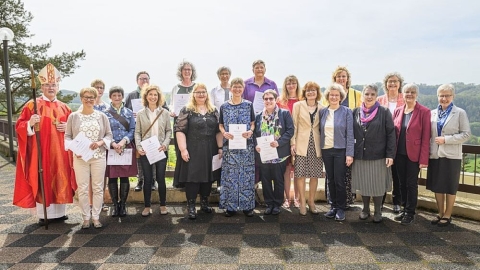Mary, Mother of God
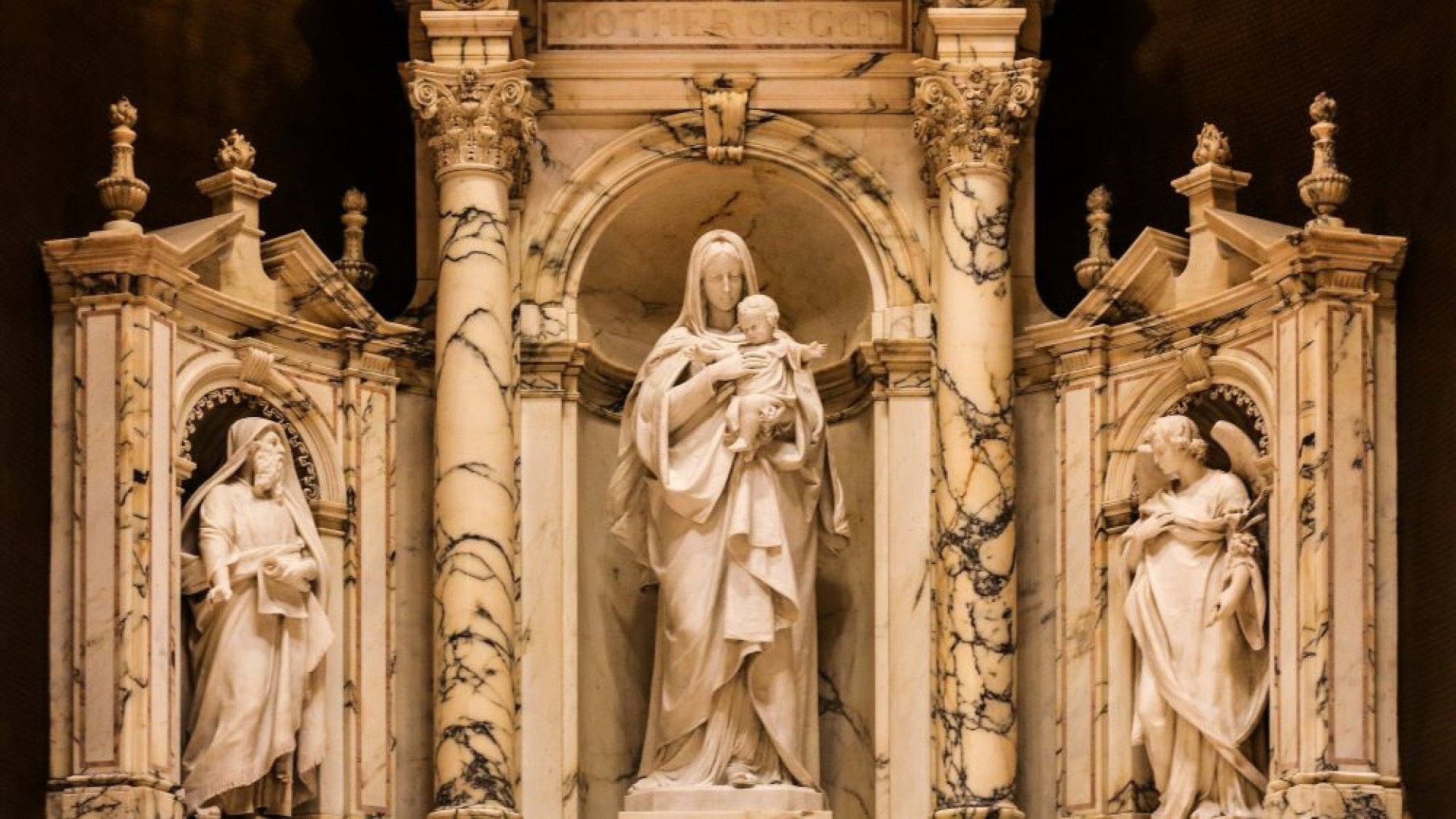
In a panegyric to Wisdom, which the Church applies to the Blessed Virgin, sacred scripture has her say, “He that hearkeneth to me, shall not be confounded: and they that work by me, shall not sin. They that explain me shall have life everlasting,” Ecclesiasticus 24:30-31.
It is to this invitation that the following lines seek to respond, together with subsequent writings on the same subject: to explain the Virgin Mary, by meditating on all the facets of her mystery. Or, to put it another way, to create a type of catechism on the Blessed Virgin, to which we can give the name of Mariology, according to the accepted term.
In every beginning, it is necessary to try to determine the center, the explanatory principle from which everything else must radiate. In the matter before us, this principle is not difficult to discover: it is the divine motherhood.
But before plunging into this supernatural mystery, and by way of a preamble, it would be good to consider human maternity. Because God has, so to speak, exploited all human resources to bring them to perfection when, to become man, He consented to become human.
Human generation is the realization in the order of created being of what is higher and more mysterious in the very order of the divine life. Before being born of a woman according to human nature, the Word was born of the Father according to divine nature.
Human generation consists of two aspects, naturally inseparable: the union of two complementary beings in one single generative act, and this generative act itself. To beget is to give one’s own nature to one other than oneself.
The characteristic of generation is to create, from within yourself, a new individual of the same species. Generation is only achieved at the moment when there is an other, proceeding from the first. What is characteristic of generation, is that the effect proceeds from its cause, it comes from it.
This idea of procession is so essential that it is found even in God. So, to be born of another, to proceed from him, is a profound mystery, susceptible to being realized in an infinite manner, perfect and pure. In the divine generation, we find neither dependency, nor matter, nor division of nature, but communication from one unique and same nature to one other person.
In human nature, the father and the mother form only one single principle of the new being who proceeds from them. But afterwards, the mother continues to act alone in the prolonging of this shared generative action.
The slowness, the continuity, the interdependence that is created between mother and child, gives a crucial importance to this prolongation. The mother, much more than the father, is structured for the child. Birth is truly wrenching, because the gestation has created a vital union, even on the physical plane.
But human nature is not purely material; it is also and essentially spiritual. Of course, the body conceived by the parents is material, but it calls for a human soul which requires the intervention of the Creator who is here as a matter of course. So, those immediately responsible for the new being are his parents.
It follows from this that human generation has a person as its principle and results in a person. This principle is of great importance in Mariology, because it establishes a very special relationship between the Virgin Mary and her Divine Son, who can, for this reason, be called Mother of God.
Related links
Illustration : Flickr / Fr Lawrence Lew OP (CC BY-NC-ND 2.0)
